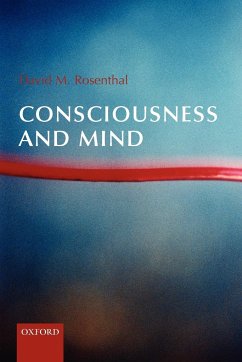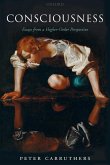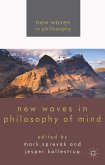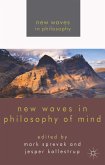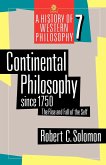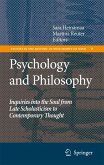Rosenthal argues that, because this account of mental qualities makes no appeal to consciousness, it enables us to dispel such traditional quandaries as the alleged conceivability of undetectable quality inversion, and to disarm various apparent obstacles to explaining qualitative consciousness and understanding its nature. Six further essays build on the HOT theory, to explain various important features of consciousness, among them the complex connections that hold in humans between consciousness and speech, the self-interpretative aspect of consciousness, and the compelling sense we have that consciousness is unified. Two of the essays, one an extended treatment of homomorphism theory, appear here for the first time. There is also a substantive introduction, which draws out the connections between the essays and highlights their implications.
David Rosenthal is one of the leading contributors to the philosophical study of consciousness. This volume gathers together his work on the subject from the past two decades, and represents the definitive presentation of his influential theory of consciousness as higher-order thought. Two of the essays appear here for the first time; there is also a substantial new introduction, drawing out the connections between the essays and highlighting their implications.
Hinweis: Dieser Artikel kann nur an eine deutsche Lieferadresse ausgeliefert werden.
David Rosenthal is one of the leading contributors to the philosophical study of consciousness. This volume gathers together his work on the subject from the past two decades, and represents the definitive presentation of his influential theory of consciousness as higher-order thought. Two of the essays appear here for the first time; there is also a substantial new introduction, drawing out the connections between the essays and highlighting their implications.
Hinweis: Dieser Artikel kann nur an eine deutsche Lieferadresse ausgeliefert werden.

